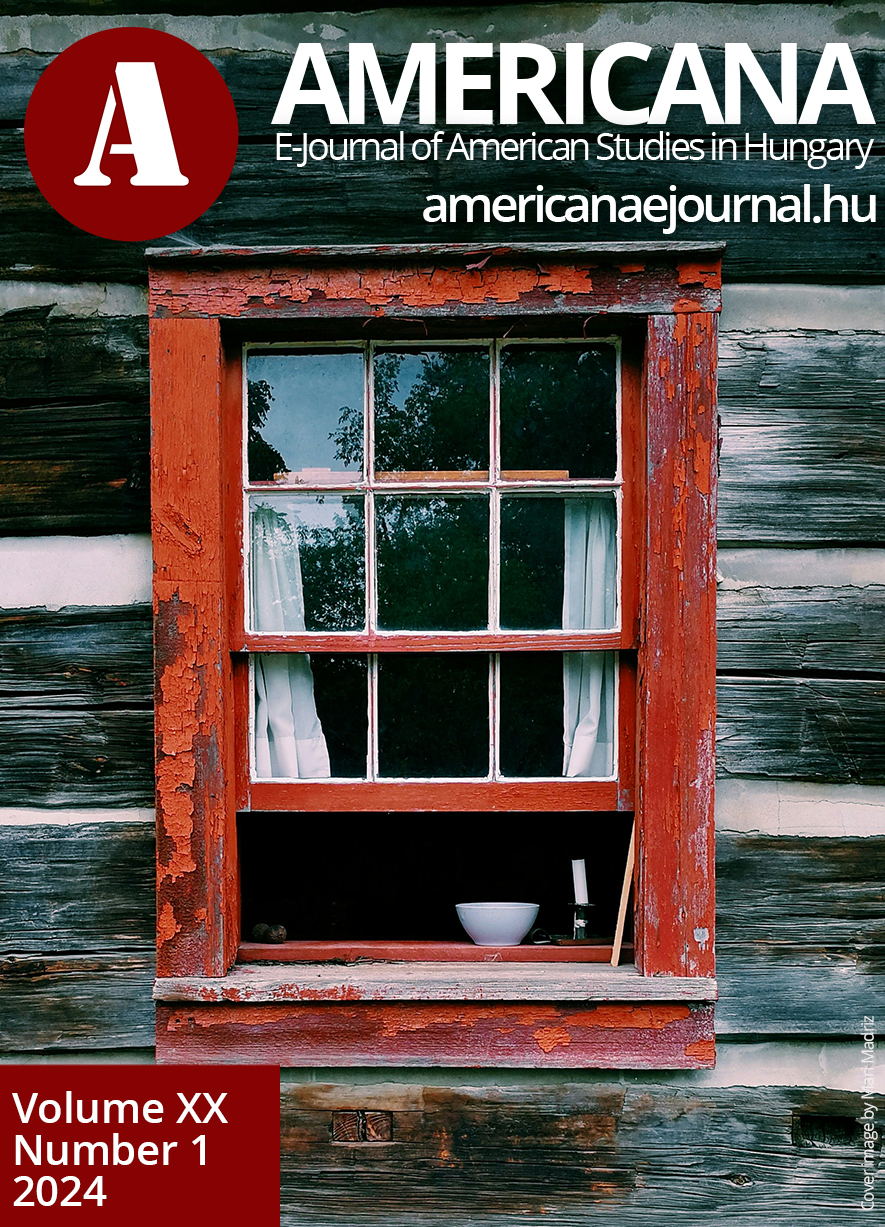“The United States is the Main Country of Modern Capitalism” The Representation of the American Economy in the Preparatory Books of the Hungarian State Security Between 1960s and 1980s
Main Article Content
Abstract
During the Cold War, Marxist-Leninist ideology and Soviet propaganda predicted that the
economy of the socialist countries was going to outgrow and overtake Western, “capitalist” countries.
Today it is clear that this prognosis was never realistic. While the real figures about the condition of the
socialist economies were never revealed, not even after the fall of communism (as they probably never
even existed), the differences between the state of the economy in the two blocks had been obvious for
most contemporary people who had seen conditions on both sides of the Iron Curtain. This included
agents and officers of the Hungarian State Security who were involved in gathering intelligence in the
West. This study examines the way the American economy was presented in the preparatory materials
of the Hungarian State Security in a period that lasted from the early1960s, when Hungarian foreign
intelligence was reorganized after the Revolution and War of Independence of 1956, until the 1980s.
While the main dogmas of communism were never questioned, this was a period of détente, which
included a cautious diversion from the strict application of socialist ideology, as well as the appearance
of a (seemingly) more independent Hungarian foreign policy. The changes also affected the economy,
and throughout the period we can witness the increasing importance of the United States as an economic
partner for Hungary. These developments were also reflected in the changes in the priorities of the
intelligence services, which in turn influenced the preparation of the operations, as it is apparent from
the training material. At the same time, the real purpose of these textbooks was definitely not to present
a realistic picture of the American economy, but rather to provide ideological education, so they never
strayed too far from the constraints of the communist ideology.
Downloads
Article Details

This work is licensed under a Creative Commons Attribution-NonCommercial 4.0 International License.

